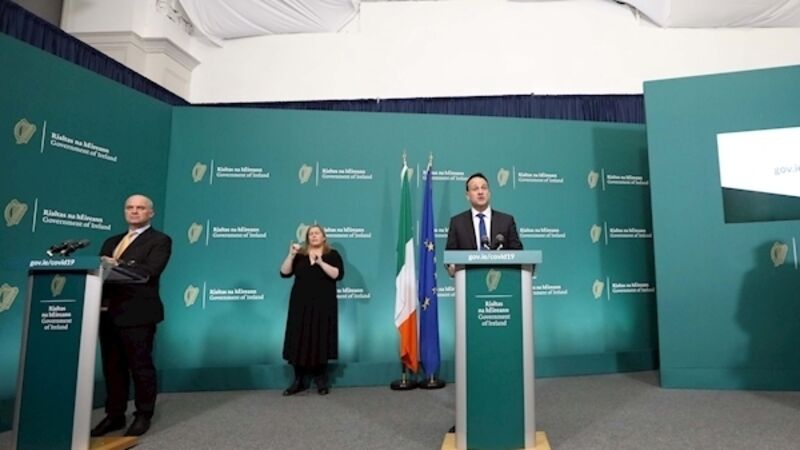Coronavirus Q&A: What do the new government restrictions mean for people in Ireland?

It was perhaps the most dystopian and surreal moment of the Covid-19 crisis when Taoiseach Leo Varadkar quoted one of the most memorable lines from the world of science fiction.
“There's no fate but what we make for ourselves”, made famous by Sarah and John Connor in the Terminator movie series, was solemnly said by Mr Varadkar as he announced the starkest social restrictions on movement in the modern history of the State.













